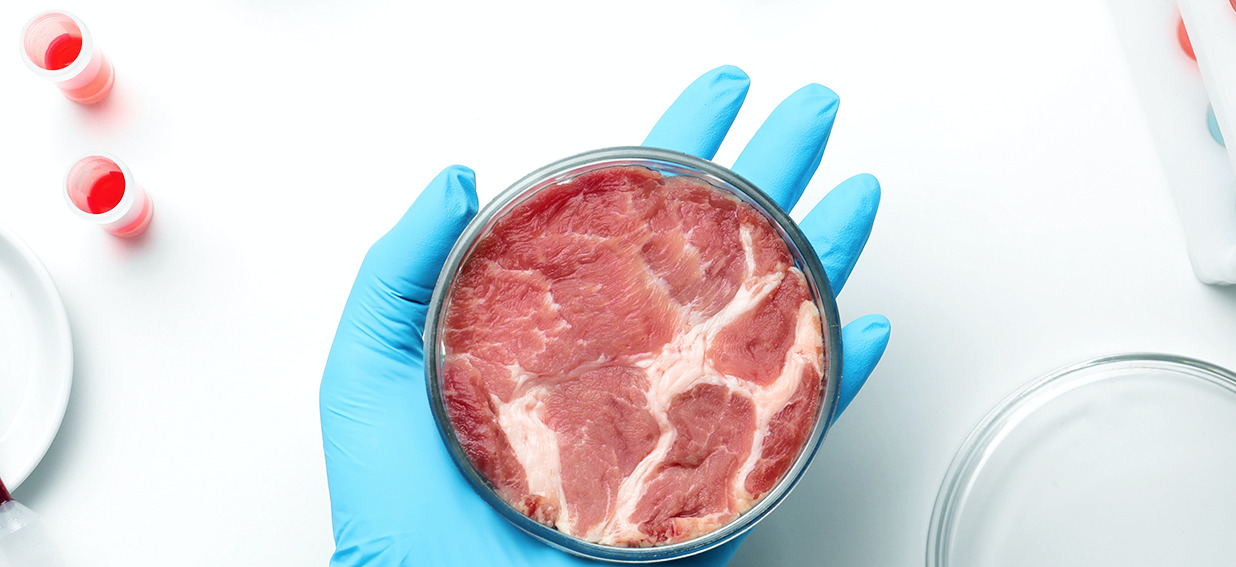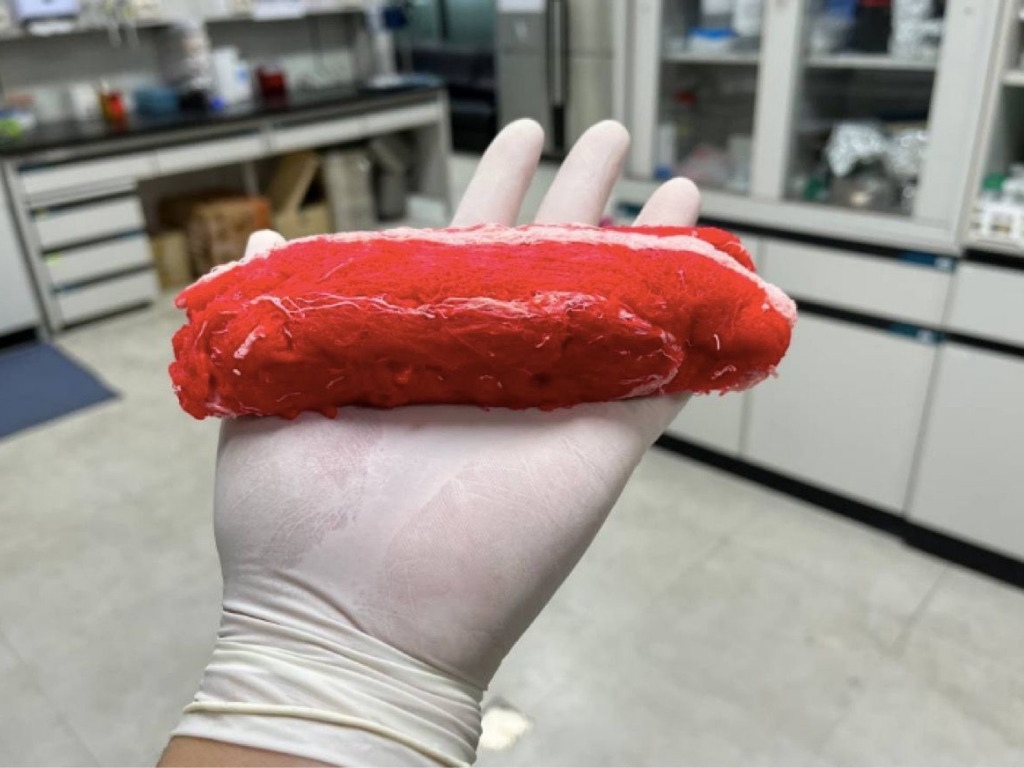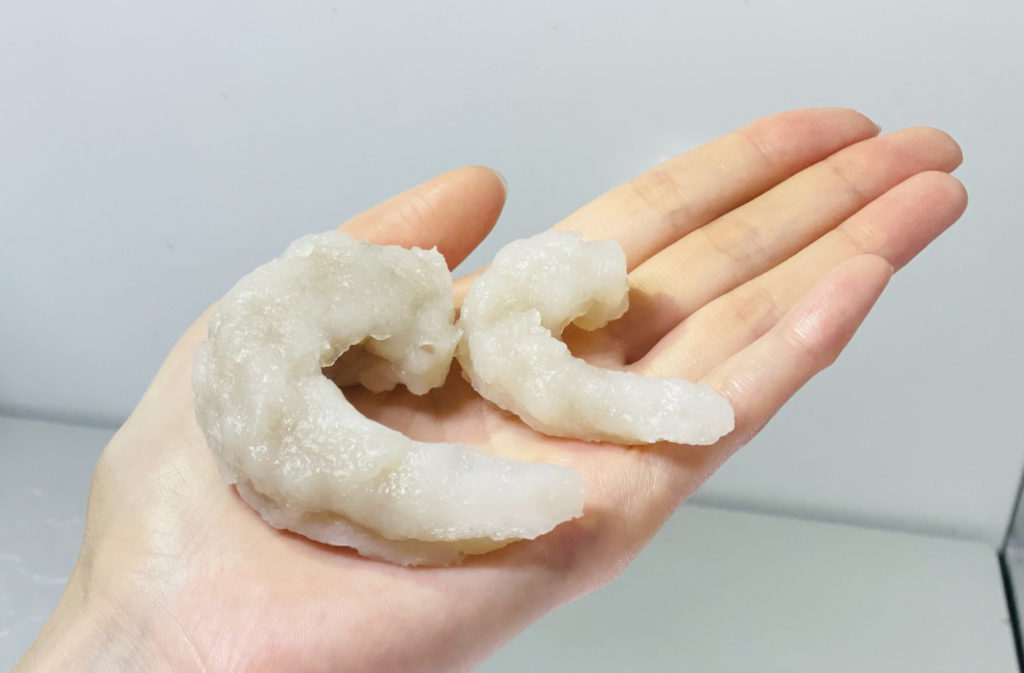
Cultivated meat industry stakeholders in South Korea, including manufacturers, academia, and several city and provincial governments are working to advance cellular agriculture.
The memo of understanding (MOU) was led by South Korea’s North Gyeongsang Province (Gyeongsangbuk-do) and 28 signatories including city governments (Pohang-si, Gyeongsan-si, Gumi-si, Uiseong-gun), universities (POSTECH, Yeungnam University), research and technology institutions (Korea Food Research Institute, Gyeongbuk Technopark, Pohang Technopark), and corporations including cultivated meat startup TissenBioFarm, health food manufacturer Ildong Foodis, and functional food ingredients developer Neo-Cremar.
Cellular ag hubs across South Korea
The MOU signals the formation of a cellular agriculture cluster across the country with the goal of addressing climate and food crises, the groups said.
“We are working on groundbreaking technologies to overcome key challenges in the cultivated meat field,” TissenBioFarm CEO Wonil Han said in a statement. “Once it is done, South Korea will be a global game changer in the field.”
TissenBioFarm has closely worked with POSTECH, North Gyeongsang Province, the city of Pohang, and the country of Uiseong in efforts to make the region a leader in cellular agriculture.

The new cluster will focus on cellular agriculture research efforts in South Korea’s southern region. the MOU points to the development of a regulation-free zone to be formed in Uiseong where companies can showcase proof-of-concept. Uiseong will build an industrial complex with facilities ideal for cultivated meat research and production, it says.
At Yeungnum University in the city of Gyeongsan, an international cell culture research facility will explore culture media, equipment, and systems for developing cultivated meat.
In Pohang, which already has an established biotech infrastructure, the city will make a test region for research and development, prototyping, and production certification that can support the commercialization of both cultivated meat and artificial organs.
Gumi will also develop a strategic base to support the advancement of cultivated meat. The city says it will build a branch of the Korea Food Research Institute to support food industrialization.
Cultivated meat advancements
Last September, TissenBioFarm raised $1.6 million in a pre-Series A funding round. The company has developed three bio-based inks it says are capable of being mass-produced for about $0.33 per 100 grams. The company says the inks can be used in both cultivated meat and plant-based meat.
Han says that the technologies will provide high-quality cultured meat that is “competitive in taste, nutrition, sensory, and price in the near future.”

Last April, the South Korean startup CellMEAT, secured $8.1 million in a Series A for its cell-based shrimp. The company also developed its own alternative to the controversial media, fetal bovine serum.
The post 28 of South Korea’s Cultivated Meat Stakeholders Sign MOU to Advance the Industry appeared first on Green Queen.
This post was originally published on Green Queen.